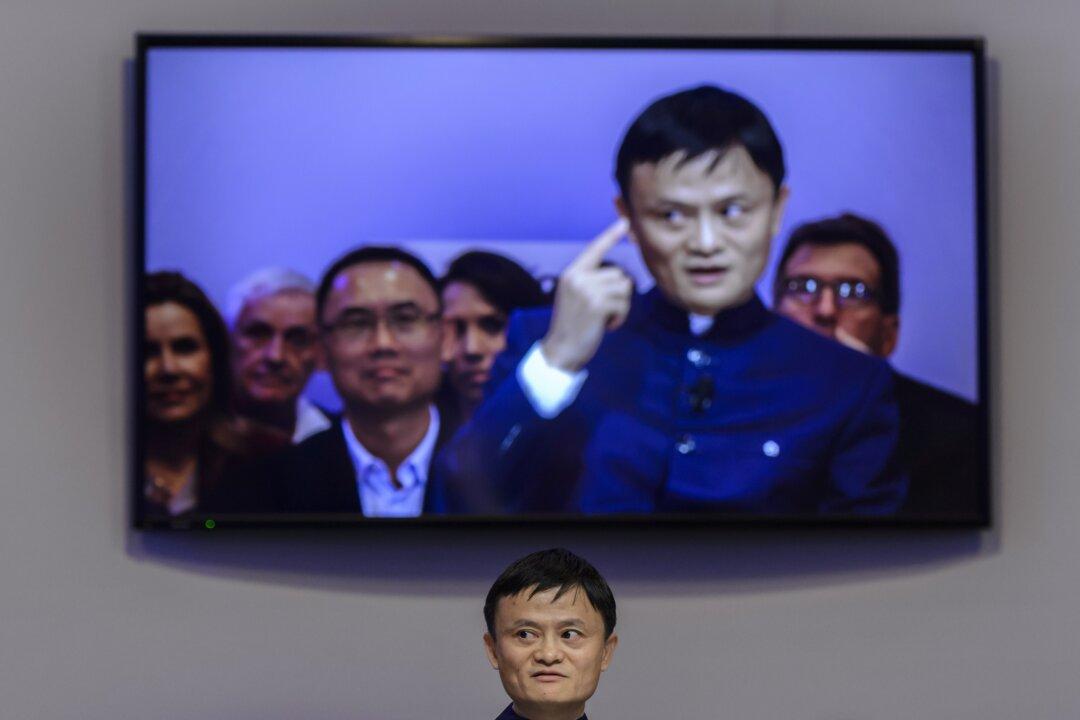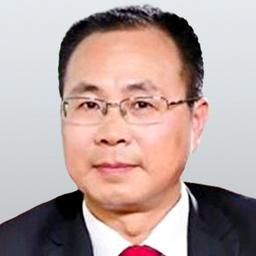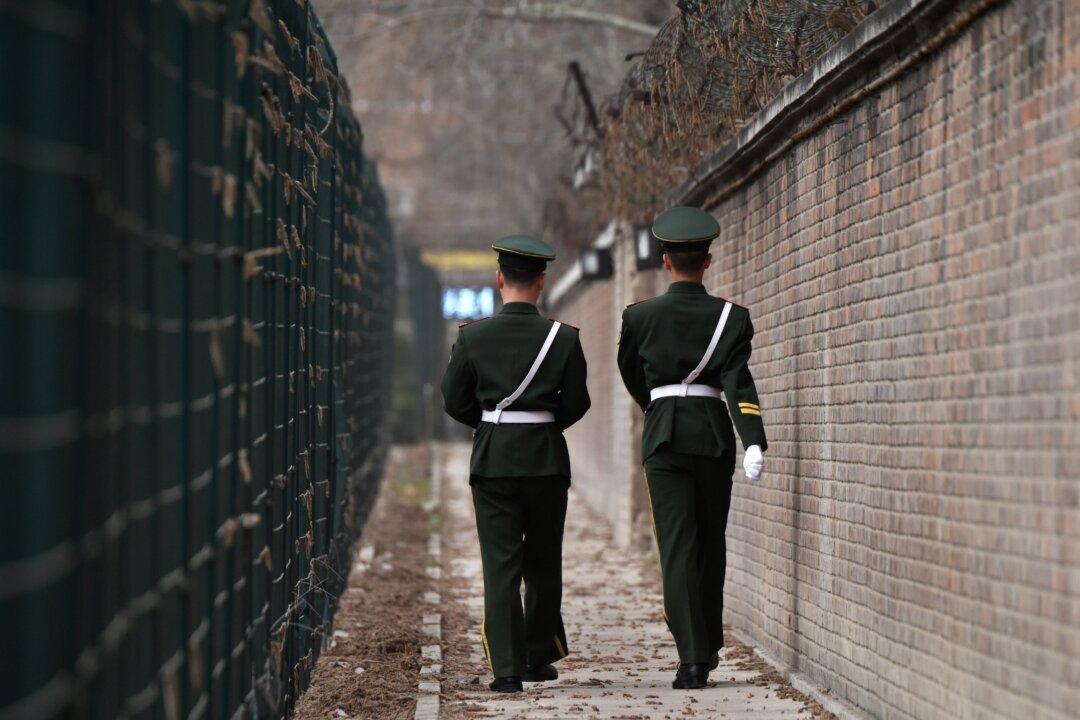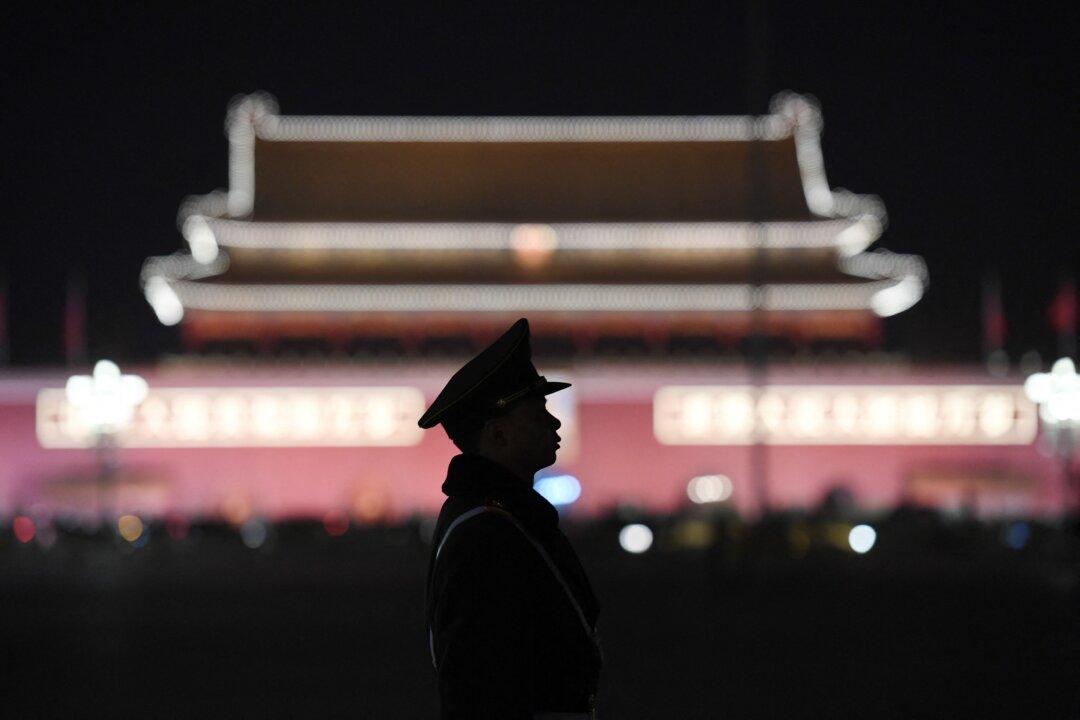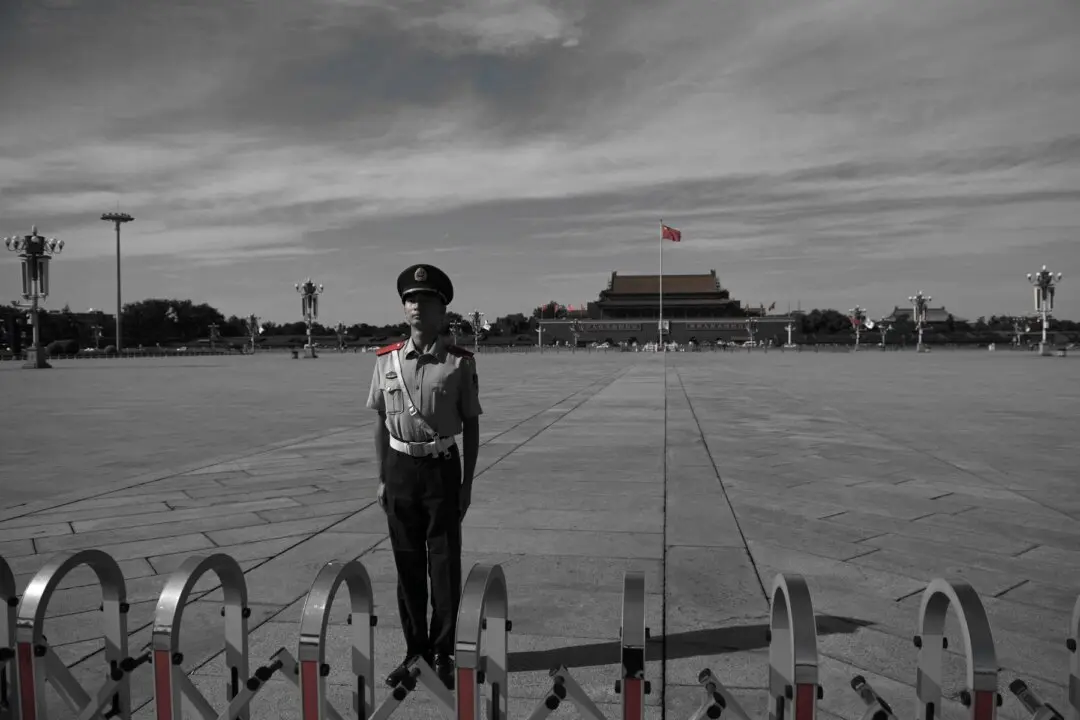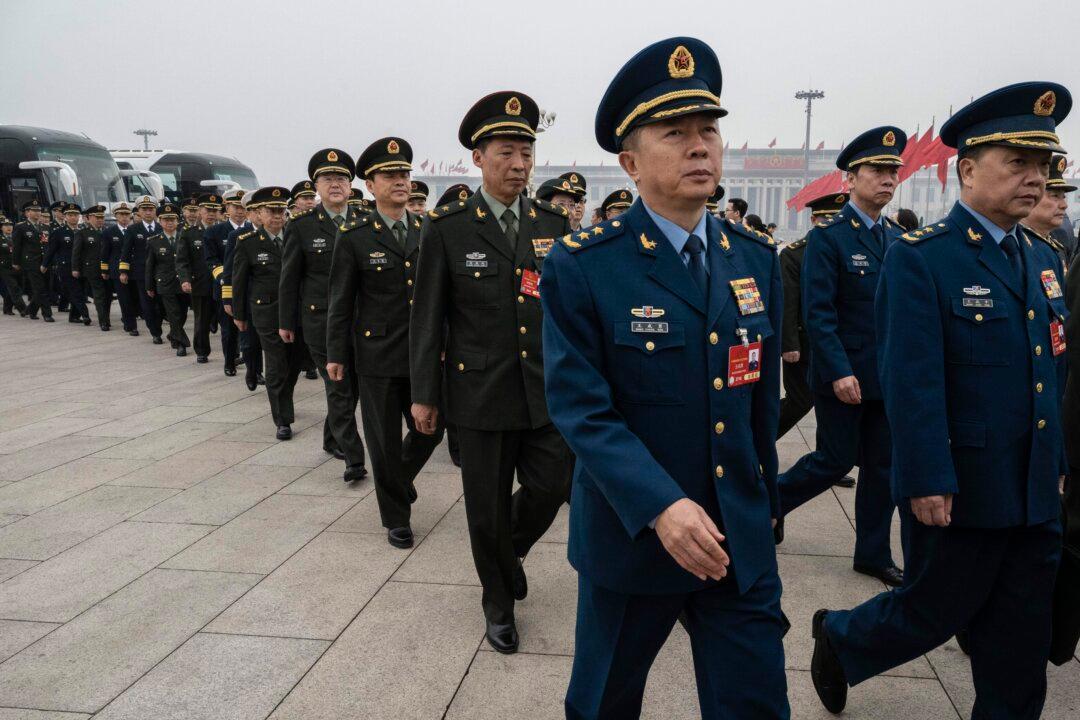Commentary
Jack Ma, now China’s fourth-richest man and the former CEO of Chinese e-commerce giant Alibaba, criticized China’s financial system policies at the Bund Summit 2020 in October. Since then, his enterprises have become the target of Xi Jinping.
